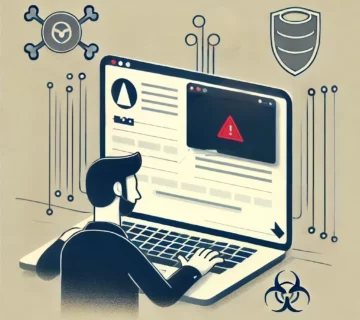
CI/CD Vulnerability – Securing Your DevOps Pipeline
CI/CD (Continuous Integration/Continuous Deployment) pipelines have become essential for modern software development, but they also present new security risks. A CI/CD vulnerability can expose source code, credentials, and deployment processes to attackers if proper safeguards are not in place. Common vulnerabilities include exposed environment variables, unsecured build servers, lack of access controls, and weak secrets management. If compromised, attackers can inject malicious code, alter configurations, or gain access to production systems—leading to severe breaches or downtime. As CI/CD tools automate much of the development lifecycle, even a small flaw can cascade into large-scale consequences. To reduce risk, developers should enforce role-based access, implement automated security scans, and encrypt sensitive data throughout the pipeline. Regular code reviews and audit logs can also help identify suspicious activity early. Strengthening CI/CD security is vital to maintaining a reliable, safe, and efficient software delivery process.
